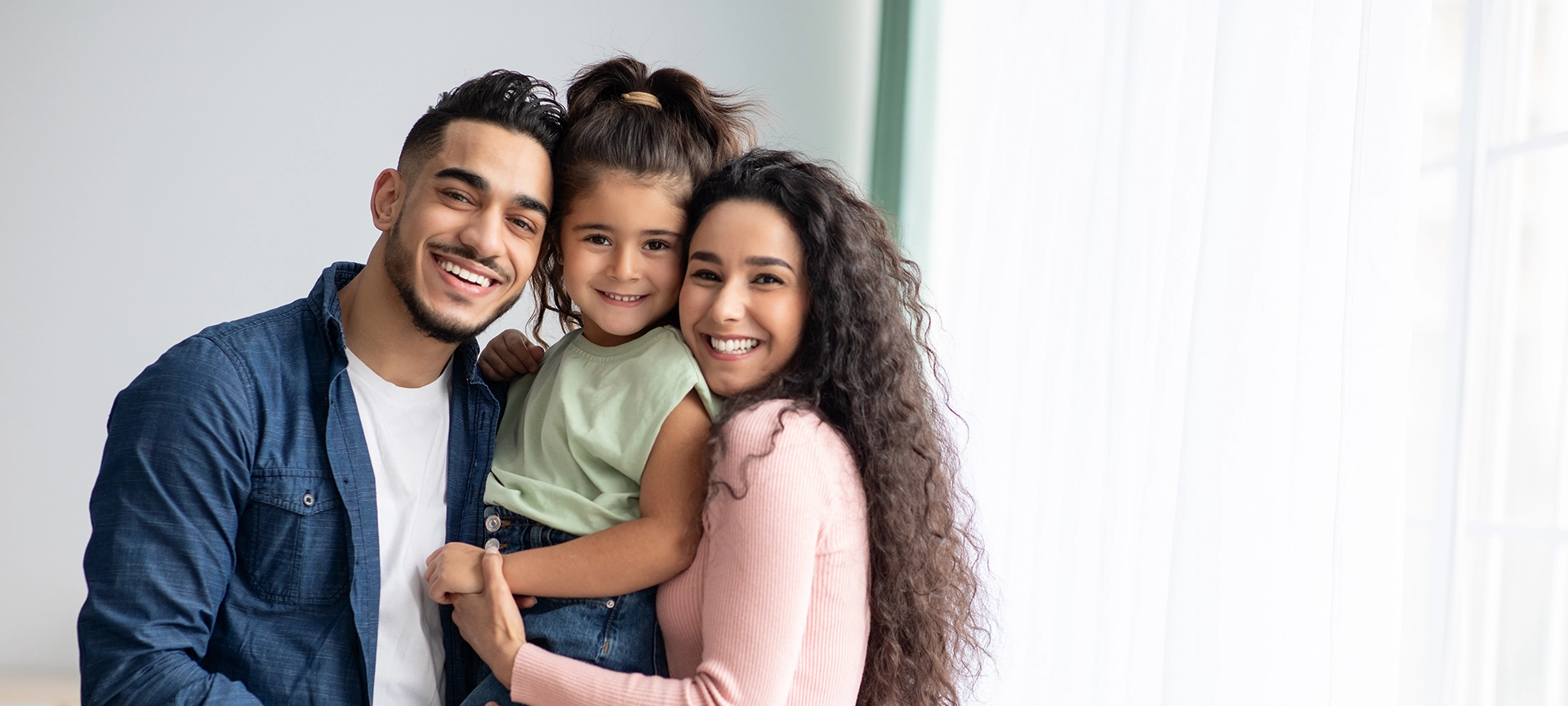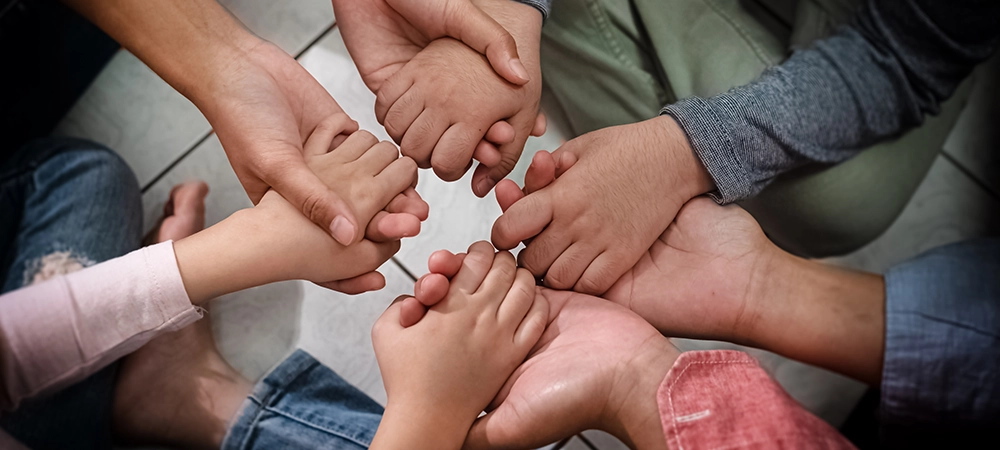
Welcome to Counselling Simply! In this blog post, we will explore the topic of family conflict resolution and discuss the valuable role that family counselling plays in resolving disagreements. Family conflicts are an inevitable part of life, but when left unresolved, they can negatively impact relationships and overall well-being. Fortunately, family counselling offers a safe and supportive environment for families to navigate their conflicts and find effective solutions. Let’s delve into the benefits of family counselling and how it can help your family foster healthy communication and stronger relationships.
Before diving into the benefits of family counselling, it is crucial to understand the dynamics of family conflict. Disagreements within families can arise due to various reasons, such as differences in values, communication breakdowns, unresolved past issues, or external stressors. These conflicts may manifest as constant arguments, lack of trust, power struggles, or emotional distancing. Recognizing the underlying causes of conflict is the first step toward finding a resolution.
Family counselling provides a structured and supportive environment for family members to express their concerns, emotions, and perspectives. A trained family therapist facilitates open and constructive communication, ensuring that each family member feels heard and validated. Through a combination of individual and group sessions, family counselling aims to identify the root causes of conflicts, enhance understanding and empathy, and develop effective strategies for resolving disagreements.
Family counselling sessions allow family members to gain insights into their own thoughts and behaviours, as well as those of others. Therapists help family members recognize patterns of communication and behaviour that may contribute to conflict. This newfound awareness empowers individuals to make positive changes and develop healthier relationship dynamics.

Communication lies at the heart of resolving family conflicts. Family counselling equips family members with essential communication skills, enabling them to express their needs, concerns, and emotions in a respectful and constructive manner. Therapists teach active listening techniques, assertiveness, and conflict resolution strategies tailored to the unique dynamics of each family. By enhancing communication skills, families can break through barriers, reduce misunderstandings, and foster empathy and understanding.
Family counselling also helps families learn to manage conflicts more productively. Instead of resorting to destructive behaviours like yelling or shutting down, family members learn alternative ways to express their emotions and reach mutually satisfying solutions. They practice effective negotiation, compromise, and problem-solving skills that promote healthier interactions and minimize future conflicts.
Unresolved past issues can significantly contribute to ongoing family conflicts. Family counselling provides a safe space for family members to explore and address these deep-rooted wounds. By facilitating honest and open discussions, therapists help families gain insight into their shared history and work toward forgiveness, healing, and reconciliation. By acknowledging and processing past hurts, families can lay the foundation for healthier and more harmonious relationships.
Therapists assist family members in identifying and understanding the impact of past experiences on their current conflicts. Through guided discussions and therapeutic techniques, they help individuals process their emotions, let go of resentment, and develop empathy and compassion for one another. Healing past wounds paves the way for renewed trust, improved communication, and a stronger family bond.
Family conflicts can strain relationships and weaken the bonds between family members. Family counselling focuses on rebuilding trust, fostering empathy, and strengthening the emotional connections within the family unit. Through collaborative problem-solving and shared goal-setting, families learn to prioritize their collective well-being and nurture a supportive and loving environment. As conflicts are resolved and relationships heal, families can forge deeper connections and create lasting memories together.
Family counselling encourages family members to express their appreciation for one another and acknowledge each other’s strengths and contributions. It helps family members recognize that they are part of a team and that their collective happiness and harmony are essential.
In family counselling sessions, activities such as family bonding exercises, trust-building exercises, and conflict resolution simulations are often employed. These activities not only provide opportunities for families to work together towards a common goal but also promote a sense of unity and cooperation.
Moreover, family counselling helps families establish healthy boundaries and encourages mutual respect among family members. It provides a platform for discussing and negotiating rules, responsibilities, and expectations within the family. This clarity fosters a sense of fairness and reduces misunderstandings, further strengthening the family bond.

Family conflicts are inevitable, but with the support of family counselling, resolution becomes attainable. By understanding the dynamics of family conflict, building effective communication skills, healing past wounds, and strengthening family bonds, families can overcome their differences and create a more harmonious and fulfilling life together.
If your family is struggling with conflicts, consider reaching out to a professional family therapist at Counselling Simply. We will guide you through the journey of resolving conflicts, fostering understanding, and rebuilding stronger relationships. Remember, it’s never too late to seek help and work toward a brighter future for your family!
© 2022 All rights reserved
Made with ❤ by 2marketing